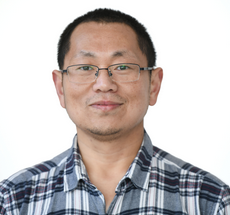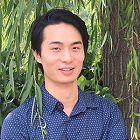




Section Collection Information
Dear Colleagues,
Higher education in modern society is not just about acquiring knowledge. It's about preparing individuals to thrive in a rapidly changing world, such as rapid changes in industries, job markets, and social dynamics. It promotes adaptability, innovation, ethical behavior, and global citizenship, contributing to the overall progress and well-being of society. In particularlly, modern technologies have expanded access to higher education, enhanced the learning experience, and empowered both students and educators to embrace new and innovative teaching and learning approaches and environments. As technology continues to evolve, its integration into higher education will likely continue to shape the landscape of learning and teaching for years to come, such as Online Learning and E-Learning Platforms, Artificial Intelligence (AI) in Education, Collaboration and Communication Tools in Education, Data Analytics for Student Performance, Digital Assessments and Grading, Virtual Campus Tours and Recruitment, and Massive Open Online Courses (MOOCs). Meanwhile, higher education around the world has become a major topic of discussion, debate, and controversy, as a range of political, economic, social, and technological pressures result in a myriad of changes at all levels. But the quality and quantity of critical dialogue and research and their relationship with practice still remains limited.
The main objective of this section is to play a leading role in understanding the effects of the modern technologies on the quality and/or the equity of learning and teaching in higher education contexts. The key findings must inform practices and/or policies, and contribute to the scholarship of technology-enhanced higher education learning and teaching. For example, research on topics such as online assessment and academic integrity must have clear implications for individuals who teach and learn in higher education institutions.
It is important to collect the experiences of "Morden Technologies and Higher Education". Seminal research articles and reviews in this area of study are also welcome.
We look forward to receiving your contributions.
Dr. Sheng Chen
Section Editor

